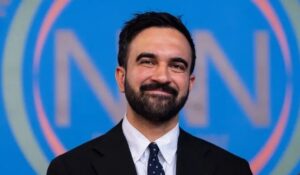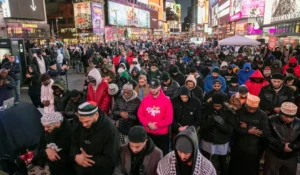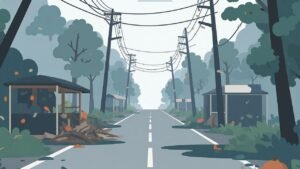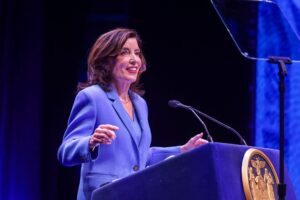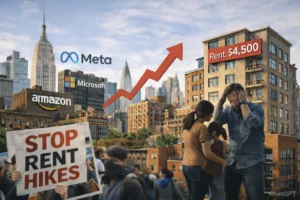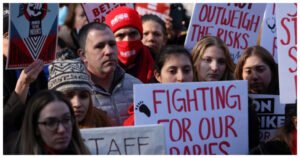The Dreams, Challenges, and Responsibilities of Bangladeshi–Americans

Children play at a picnic organized by American Bangladeshis in Astoria Park, Queens, on August 14, 2022.
Akib Nazrul Toha
The Bangladeshi–American community is steadily growing across the United States. From New York and New Jersey to Texas, California, and Chicago, our presence is now visible in almost every major city. With this growth comes bigger dreams. The question is—do we only want to survive in America, or do we aim to establish a proud identity that is respected in the mainstream?
Some imagine a city called “Bangladeshnagar,” where the mayor, judges, and administrators would all be Bangladeshi. Others dream of bringing millions of Bangladeshis to America at once to strengthen both the diaspora and Bangladesh’s economy. These are emotional visions, but in reality, U.S. law and society do not allow such possibilities. Instead of chasing fantasies, our focus should be on practical steps that strengthen our community.
First, we must organize ourselves. Community associations, cultural centers, and chambers of commerce can unite us. From small businesses to larger enterprises, economic empowerment will give us influence, and with economic power comes political power.
Second, political participation is essential. Indian, Chinese, and Pakistani Americans have already sent representatives to the U.S. Congress. Why can’t Bangladeshis do the same? Increasing voter registration and running for local positions like school boards or city councils are the stepping stones to greater representation.
Third, our culture and language should be celebrated in the mainstream. Events such as International Mother Language Day (21 February), Victory Day (16 December), and Pahela Baishakh can be shared with wider American society, allowing us to showcase our proud history and heritage.
Fourth, media and education are key. If Bangladeshi–Americans gain a stronger presence in American media—newspapers, television, and radio—our voices will carry more weight. At the same time, we must encourage our younger generation to excel in law, politics, technology, and healthcare, sectors that shape influence and leadership.
Ultimately, we must remember that America is a multicultural nation. No separate city can be built for one community. But if we unite, work strategically, and engage in the mainstream, Bangladeshi–Americans can turn aspirations into reality.
Our future will not be built on imagination alone—it must be built on action.

